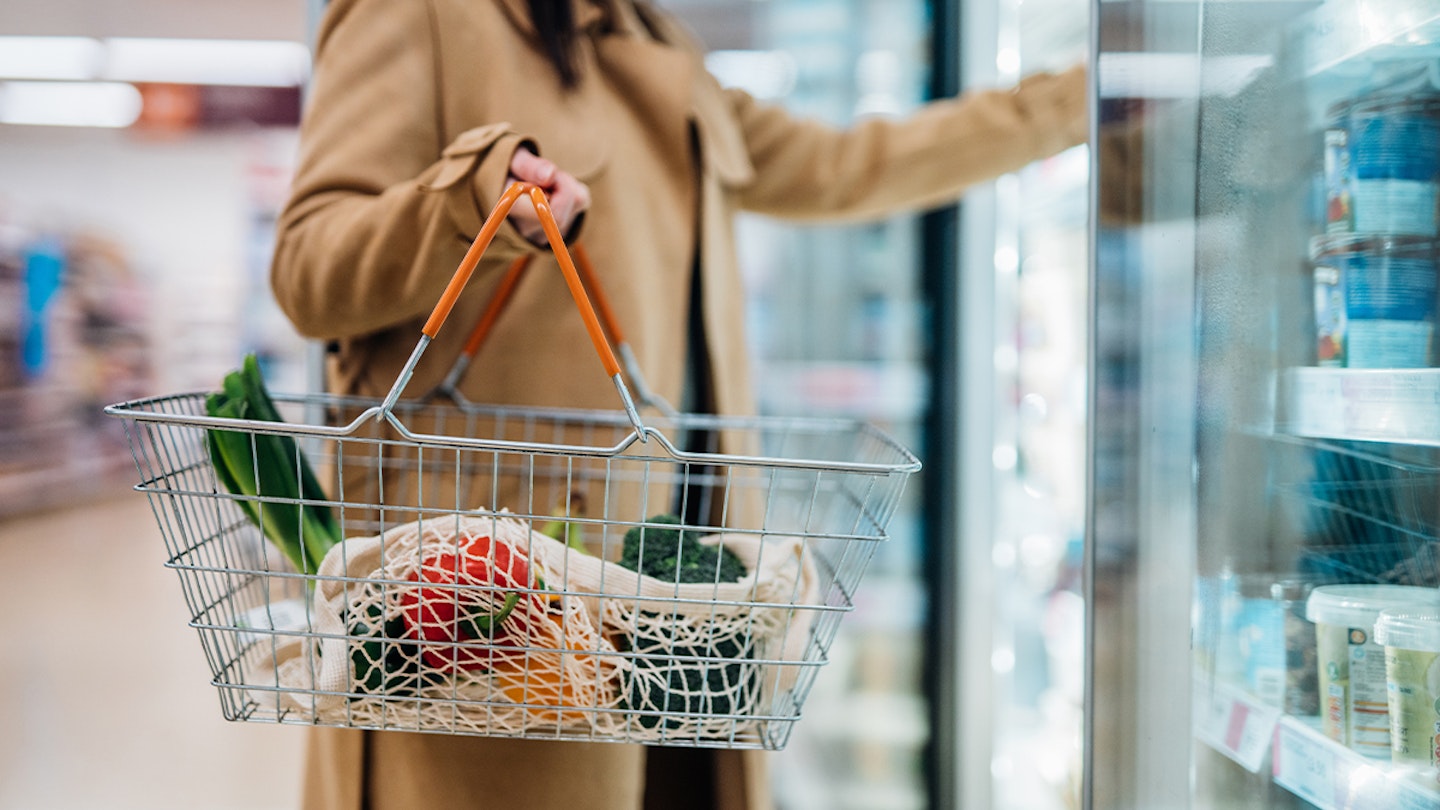With so many different labels and logos on our food these days, it can be hard to keep up with what everything means and what we should be looking out for.
From Fair Trade to Organic, Red Tractor and Sustainable Seafood, there's a lot to remember on the weekly shop, and we want to know we're buying the best possible produce for our families to eat.
If you're as confused as we are by all the labels, we've decoded them all for you so you can be clued up next time you're feeling overwhelmed in the supermarket.
Fair Trade

What is it?
It refers to a certification that aims to ensure a certain standard when it comes to production and supply of a product or ingredient. This includes better rights for workers, safer working conditions and fairer pay so that consumers can shop more sustainably.
Where will you see it?
You might see this logo on different fruits such as bananas, bunches of flowers, chocolate coffee and tea.
Organic

What is it?
As part of the post-Brexit deal, the EU organic logo can be used on organic food until December 31, 2023. It's optional on UK foods, and for foods to be labelled as organic, it must be certified by one of the organic certification bodies or it is in breach of the law. For the food to be labelled organic, at least 95 per cent of the ingredients must be organic, meaning products must meet strict criteria around the use of pesticides, fertilisers, drugs and animal welfare.
Where will you find it?
This label can be found across most food products including meat and diary products.
Red Tractor

What is it?
This little tractor means that the food you are buying is British and you can even trace it back to its origin. This is vital for food safety standards, as any food contamination issues can be located and resolved easily. An independent body is responsible for monitoring Red Tractor suppliers.
Where will you find it?
A lot of fresh produce such as meat and diary will have this label.
Marine Stewardship Council - Sustainable Seafood

What is it?
If you've seen the Netflix documentary Seaspiracy, you'll know how damaging overfishing can be on our environment. And although the documentary questions the reliability of this logo, it's there to indicate that the fishery is part of a pledge to prevent overfishing and ensure enough fish are left in the sea. All fish carrying the MSC logo are traceable and although the scheme doesn’t cover animal welfare, the fishery must prove they haven't disturbed other species and habitats when fishing.
Where will you find it?
You'll see this on any fish or shellfish caught in the ocean.
British Lion Mark

What is it?
This will be stamped on any British egg from hens that have been vaccinated against Salmonella. These can be from caged, barn, free-range and organic chickens. The stamp refers to the way the hen is kept ( = Organic, 1 = Free Range, 2 = Barn, 3 = Cage) and the farm where the egg was produced.
Where will you see it?
These will only be seen on eggs.
Rainforest Alliance

What is it?
This is similar to Fairtrade and products must prove they are doing their bit for social, economic and environmental issues. They must work to protect the farm’s natural biodiversity and resources by not using certain pesticides and monitoring energy and water usage. They must also treat workers fairly, and pay Living Wage.
Where will you see it?
You might spot this on tea and coffee, fruit and often nuts.
RSPCA Assured

What is it?
Did you know the RSPCA has their own farm animal welfare standards? This stamp means that the farms, hauliers and abattoirs used in the production of that product have met the RSPCA’s standards. This means the animals have more space as well as reducing the transportation time of animals and slaughter methods. It doesn't always mean the animal was free range however.
Where will you see it?
It can often be seen on eggs, diary products, meat as well as farmed fish.
